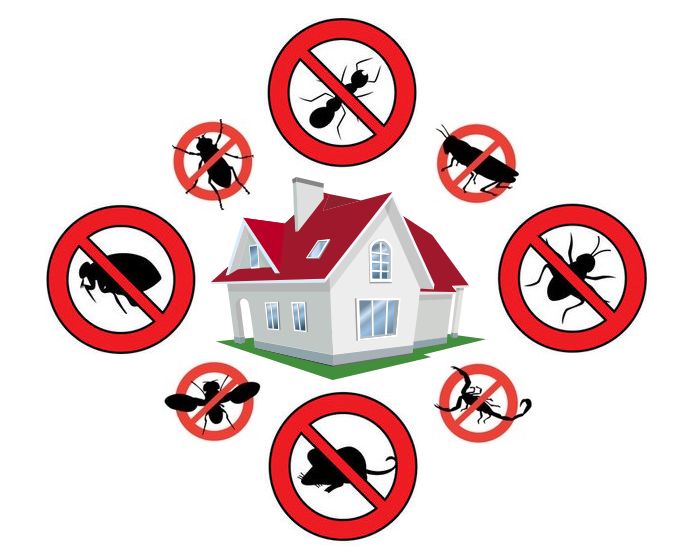Case Study Integrated Pest Control
By Kiprono on 20th October, 2025

Integrated Pest Control Management at Royal Crest Hotel.
1. Background
Royal Crest Hotel is a 4-star establishment located in Nairobi with 80 guest rooms, a restaurant, and conference facilities. Over time, the hotel management received several complaints from guests and staff regarding cockroaches in the kitchen area, mosquito presence in guest rooms, and rodent sightings in the stores.
These pest issues posed serious risks to:
-
Guest satisfaction and hotel reputation
-
Public health and hygiene standards
-
Food safety and compliance requirements
To address this, Vitalcare was engaged to conduct a comprehensive pest control audit and implement an Integrated Pest Management (IPM) program to ensure sustainable pest eradication and long-term prevention.
2. Problem Identification
A detailed inspection and site audit revealed the following:
| Area | Observed Problem | Possible Cause |
|---|---|---|
| Kitchen & Restaurant | Cockroach infestation in food prep and storage areas | Poor waste disposal practices, open drains, cluttered storage |
| Guest Rooms & Corridors | Mosquito presence, especially near windows and bathrooms | Stagnant water in flower pots and drains, absence of mosquito screens |
| Stores & Backyard | Rodent droppings and gnawed packaging materials | Open vents, poor sealing of food storage containers, uncovered waste bins |
3. Methodology
The pest management program was implemented through four structured phases:
Phase 1: Assessment & Planning
-
Conducted a full pest risk assessment and identified infestation hotspots.
-
Mapped out sanitation weaknesses and structural entry points.
-
Developed a customized Integrated Pest Management Plan (IPMP) specific to the facility.
Phase 2: Treatment & Control
-
Cockroaches: Applied gel baits (fipronil-based) in cracks, drainage points, and kitchen corners; conducted deep cleaning using steam and eco-friendly disinfectants.
-
Rodents: Installed bait stations and traps, sealed wall openings with wire mesh, and improved food storage practices.
-
Mosquitoes: Used larvicides in stagnant water areas, installed insect killer lamps, and fitted mosquito screens in guest rooms.
Phase 3: Monitoring & Training
-
Introduced a weekly pest monitoring checklist to be filled by the housekeeping and kitchen teams.
-
Conducted staff awareness and training on sanitation, pest reporting, and waste management procedures.
Phase 4: Evaluation & Continuous Improvement
-
Carried out monthly follow-up inspections by Vitalcare technicians.
-
Conducted quarterly reviews with hotel management to track pest activity trends and adjust control measures as needed.
4. Results
After 3 months of consistent intervention:
| Pest Type | Before Intervention | After Intervention |
|---|---|---|
| Cockroaches | High (daily sightings) | Reduced by 95% |
| Mosquitoes | Moderate (especially in guest rooms) | Reduced by 85% |
| Rodents | Frequent droppings and gnaw marks | No activity reported |
Guest satisfaction on cleanliness improved from 76% to 92%, and the hotel successfully passed a Public Health and Food Safety inspection in the next quarter.
5. Lessons Learned
-
Continuous staff participation ensures lasting pest-free conditions.
-
Sanitation and waste control are just as important as chemical treatments.
-
Proper record-keeping and routine inspections strengthen compliance.
-
Seasonal changes (especially the rainy season) require heightened mosquito control efforts.
6. Recommendations
-
Maintain a monthly pest control contract for proactive monitoring.
-
Keep updated records of all treatments, chemicals used, and pest sightings.
-
Include pest control in regular internal hygiene and safety audits.
-
Use eco-friendly, non-toxic pest control products to protect guests and staff.